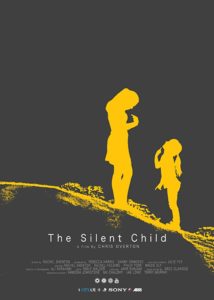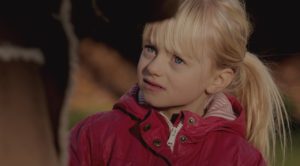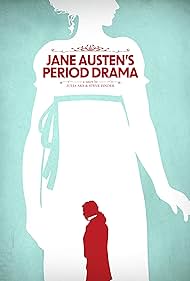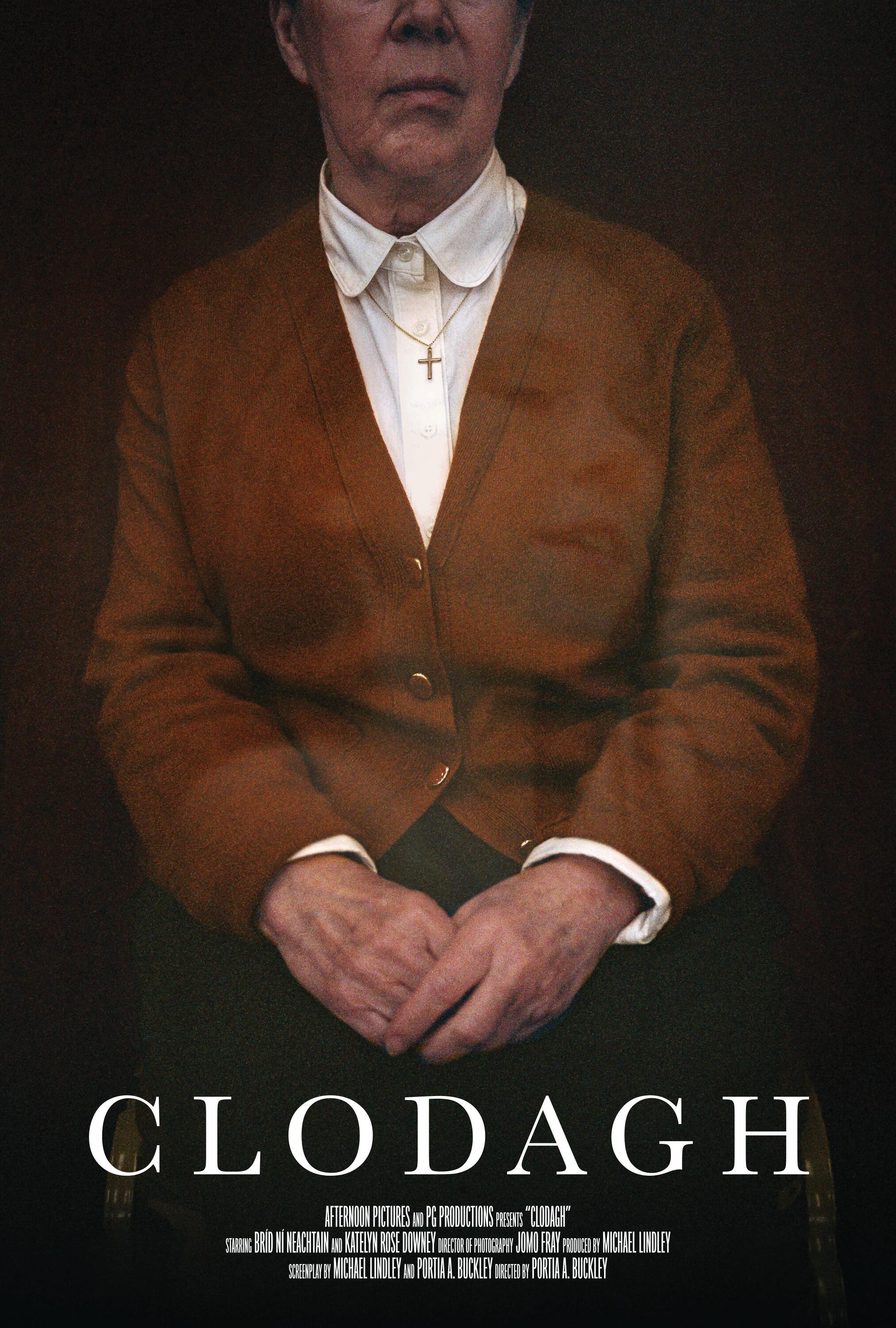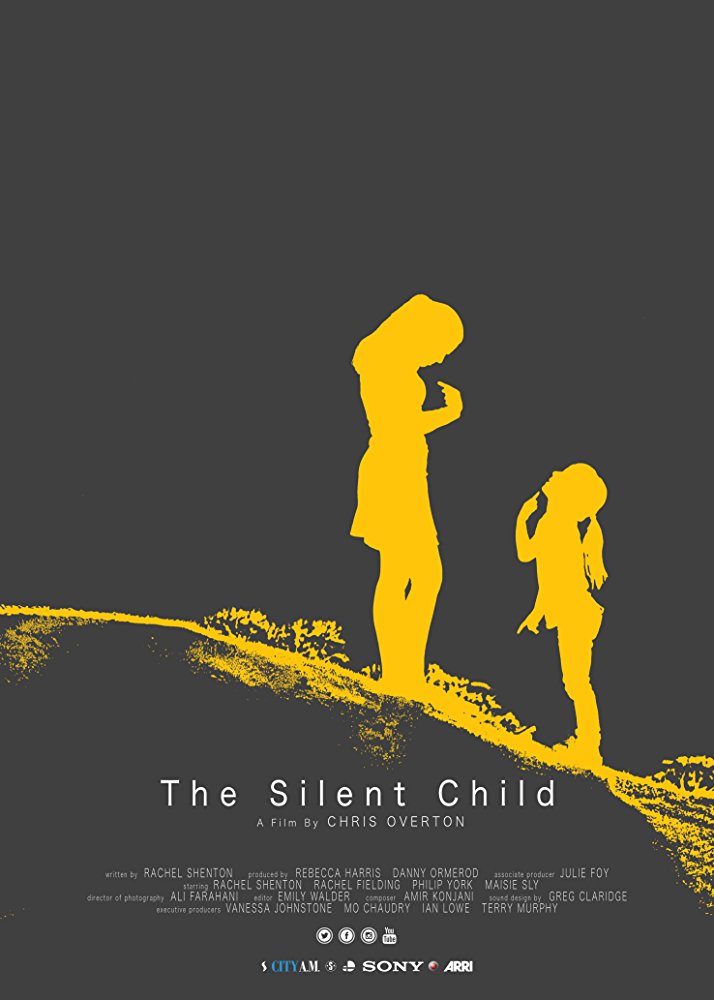
Short Film Review “The Silent Child”
WATCH THE TRAILER HERE
First, the Recap:
Stillness. Tranquility. To experience these moments is usually to have serenity, a time of peace, an instance to reflect, or to take a respite from the chaos of everyday life. But, for some, the quietness carries a sense of being trapped, with no way to escape when no one around is truly looking. Four-year old Libby (Maisie Sly) lives a normal, middle class life with one major exception–she is totally deaf. Despite having her mother Sue (Rachel Fielding), father Paul (Philip York), and teen siblings Pip (Annie Cusselle) and Seb (Sam Rees) present in the home, Libby is for all intents and purposes alone. Unable to communicate in any way her family pays attention to, it seems hopeless.
Then, Libby’s parents make a choice to bring in a social worker named Joanne (Rachel Shenton) to work with their daughter in order that she have some semblance of ability to interact with the family and, ideally, others. As Joanne begins her sessions with Libby, it becomes immediately evident the times of being effectively ignored by her family has caused Libby’s desire to communicate at all to almost fade to nothing. Refusing to give up, while inwardly stifling mounting frustrations in dealing with Libby’s inattentive and stubborn mother, Joanne suddenly begins to break through to Libby, the two forming an affecting and deeply seeded bond. However, will it be enough to keep Libby’s parents from making a heartbreaking decision?
Next, my Mind:
Have no doubts that director Chris Overton and writer/actress Shenton leave nothing uncovered with their 19-minute short film effort that takes an equally heartwarming and heart wrenching look at the ramifications of both soul-stirring investment in caring for another amidst the almost numbing inflexibility and headstrong attitudes that are all so overtly impacting one little girl’s life. To see how closed off Libby is, existing solely in her own silent world, since not even her own family seems to genuinely seek real assistance or show the openness to learn how to communicate with her, just shatters the viewer’s heart from the beginning. Then, when Joanne is introduced to Libby’s world, there is still a sense of disconnect until a breakthrough is made, allowing the two for form their moving relationship that allows Libby to experience a newfound joy, freedom, realm of learning, and engagement with life she’s never had. Watching, though, as the closer the two become, the more agitated Libby’s mother Sue begins to get, all leading to a finale that is so powerfully touching and distressing, this reviewer dares you not to have the tears begin to flow. The subsequent facts that appear onscreen in the moments following this are also sobering and, we can truly hope, a serious wake-up call to the world.
Newcomer Sly is an absolute gem, a marvel actually, in her debut film playing Libby, a cute-as-a-button four-year old girl whose circumstance in life, deafness she has no control over, has become the bane of living. With no ability to talk to or otherwise converse with anyone in her family, the neglect and dissociative atmosphere she resides in is painfully evident, her most likely being seen as a “charity case” as it were, rather than a beloved daughter. But, the transformation that occurs when Joanne creates that much needed bridge of connection is extremely poignant and inspiring, as Libby suddenly has the sister and friend she’s always wanted. Again, where this all ultimately leads is just wrenching, and throughout these myriads of highly emotional times, Sly captures you utterly with a simply fantastic performance. Rachel Shenton likewise shines brightly as Joanne, a young local social worker with the necessary cheery, positive, smiling demeanor we would expect a caregiver of any sort to possess. However, that surface sentiment becomes so much more evolved and deep upon working with Libby, as Joanne’s drive and determination to create the best possible plan for Libby to move forward in both the present and into the future is steadfast and true, which she so desperately attempts to explain to Libby’s parents.
It’s so wonderfully enacted by Shenton, and the believability in her performance only heightens the intended depth of emotional connection for the viewer, as events take a sorrowful turn. Fielding as Libby’s mother Sue is a study in a character you ultimately love to hate in that while it cannot be said there is no magnitude of love present within her towards her deaf child, the fact she’s so easily distracted by everything else around her and seems pent up with not being able to communicate effectively with her, it’s lead to that detachment that is very hurtful to see. Fielding is excellent at bringing this facet out and in the viewer’s face, especially when a final choice she makes involving Libby is so gut-wrenchingly maddening. The additional supporting turns from York as Libby’s father Paul, Cusselle and Rees as her elder siblings Pip and Seb, and an appearance by Anna Barry as Paul’s mother Nancy, all play well into the greater whole here as well. In total, with its potently written and acted narrative, deeply emotional execution, and highly relevant message, “The Silent Child” showcases indie short film at its height and lets hope it gets the recognition it’s due.
As always, this is all for your consideration and comment. Until next time, thank you for reading!
